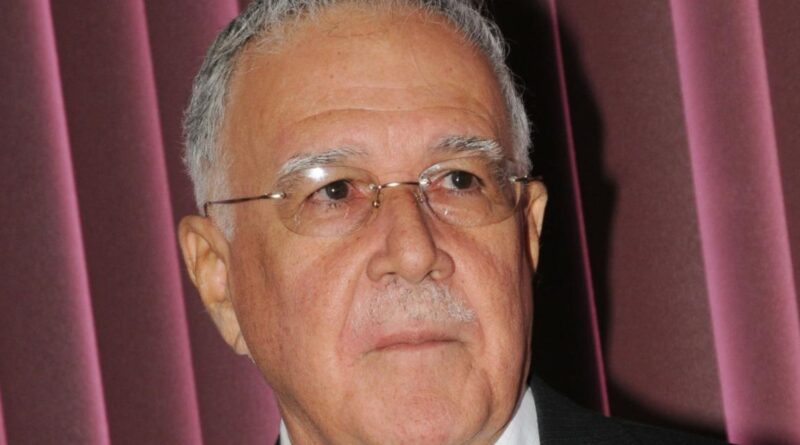The cracked facades
Last week I closed by referring to our democracy’s dysfunctional concentration on personalities and tribal loyalties. This dysfunction acts as a distraction and an excuse for our politicians having to propose policy-based resolutions to our problems.
It is a dysfunction with a long history. In July 2003 I asserted as follows: “It is at least doubly difficult to foster upliftment in a tiny country split by race in its politics, and in a relatively rich country, there is little motivation to think ahead. The rulers can simply ‘run something’ for their core followers by recklessly spending the money we earn from the oil and gas resources that are irreplaceably drained out of the ground”.
By July 2005, violent crime was already a serious problem. I commented on the persistent attempt to divert the attention of the population by erecting tall buildings for us to gaze at and feel good, but those buildings would not save us. I re-emphasised as follows: “We are divided by the racial games played by our leaders. They are blurring the line between those of us who work hard and play by the rules and the criminal element. We are also divided by the line between those who are interested just in getting and not looking out, even for one unselfish moment, for those who have been left out or left behind.”
Here we are 20 years later, having done little different by way of more enlightened governance. The line between the stimulation of sustainable employment within disadvantaged communities and the dependency of government work-programmes is as blurred as ever. A fortnight ago my fellow columnist, Dr Selwyn Cudjoe, incisively explained why having a job entails more than making a dollar.
With regard to tall buildings, we have another one. The recently opened palatial Ministry of Health building, with its notable glass façade, is irrelevant to the advance of public health care. That façade is symbolic of the superficial announcements that pass for successful public health care policies. Only last week, for example, the North Central Regional Health Authority (NCRHA) trumpeted that The Eric Williams Medical Sciences Complex (EWMSC) has 15,000 Mount Hope blood donors since 2022.
In 2022 it was disclosed that there was a gap between “just over 20,000 units of blood donated by members of the public annually and this country actually requiring 40,000 units per year (or possibly as many as 70,000 units per year).” The EWMSC boast omits to tell us whether that gap has since been narrowed or closed.
That omission is not surprising since the availability of blood to hospital patients remains a heart-rending challenge for the relatives of patients. See my column “Game of Blood” published earlier this year, on March 10. Give us a straight answer: Is the gap being closed?
Crime is the predominant issue in the country as we approach the general election constitutionally due in 2025. The façade of public relations talk and apportionment of blame has cracked under the weight of the failure to take meaningful action. That is why the credibility of contenders for government in the upcoming elections should depend on sharing with us new and smarter plans and policies, most urgently those intended to combat violent crime.
There will be little room for placing optimism in tarnished, recycled personalities. Feasible alliances will require the grafting of relatively untarnished political varieties. I use the reference to grafting by analogy to fruit and flower gardening. Many successful products are the result of the grafting of different varieties. However, without a specific programme for maintenance of the grafted product, the grafting experiment will fail. That is the metaphorical context in which I am emphasising that those currently in contention for political space should not waste time on personal attacks and vain self-promotion. As indicated, the weight of history is against us finding favourable conditions for successful grafting.
Meanwhile there is talk of an early election, supposedly to take advantage of Opposition disarray. The reality is that such talk is stimulated by anticipated revenue shortfalls. Widespread subsidies and freeness to maintain core support loyalty is no longer an easy option. Without that option, facing the electorate will be difficult.

